Anti-PSA (KLK3) (Hu) from Mouse (HAM18) – unconj.
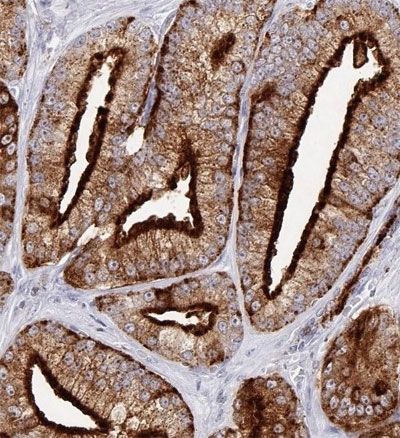
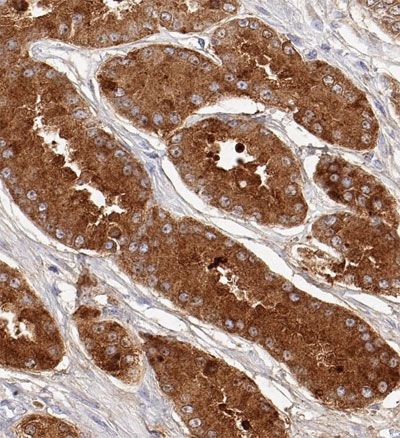
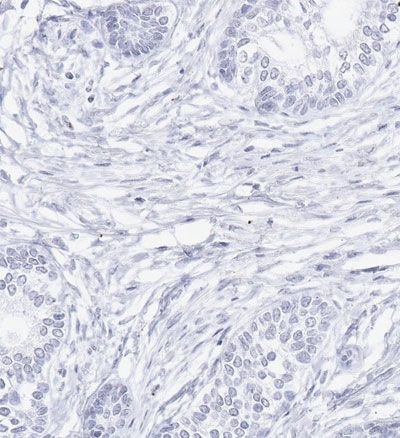
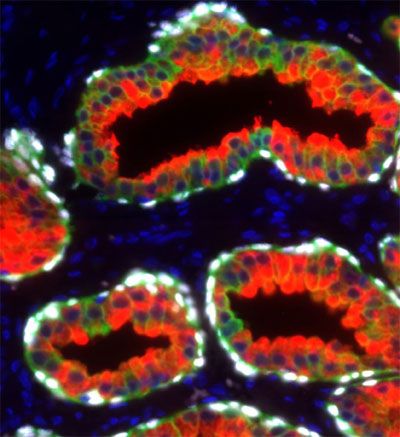
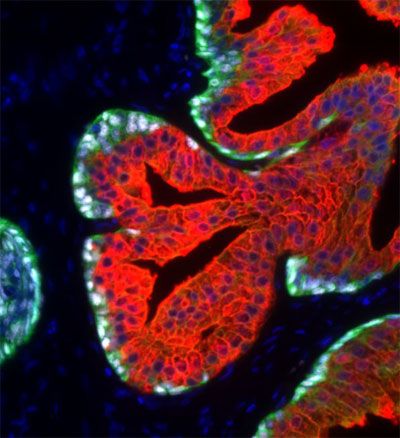
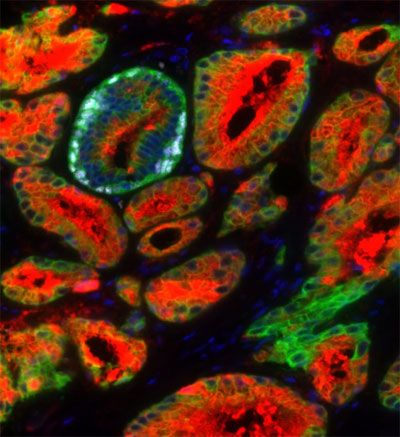
-
Overview
SKU DIA-PSA Specificity Species Reactivity Immunogen Host Species Isotype Clone Clonality (Mono-/Polyclonal) Application ELISA, Immunohistochemistry (IHC), Immunohistochemistry (Paraffin-embedded Sections)
Conjugation Dilution Format 0.05% NaN3, 2% BSA, in PBS (pH 7.4), lyophilisate, purified antibody (from culture supernatant)
Product line / Topic Intended Use Temperature - Storage Temperature - Transport Search Code Manufacturer / Brand Uniprot_ID Gene_ID Alias - Datasheets and Downloads
-
Additional Product Information
HAM18 has been developed for detection of prostate specific antigen (PSA) in routine formalin-fixed paraffin-embedded prostate tissue specimen to be used in brightfield immunohistochemistry but also for multicolor immunofluorescence. HAM18 has been tested for sensitivity, specificity and prognostic significance on more than 20.000 tissues. Accordingly, HAM18 stands for being the best validated anti-PSA clone.
Prostate Cancer is the most common cancer in men and PSA is the most important target for management of patients diagnosed with prostate cancer. PSA is a protease exclusively produced in prostate epithelial cells and secreted into the seminal fluid. Moreover, PSA reaches the blood stream and PSA levels have been shown to be proportional to quantity of prostate epithelial cells. Therefore serum analysis has developed the most commonly used method to detect PSA for prostate cancer prevention and to monitor response to therapy. Moreover, PSA immunohistochemistry is an important and common method for routine pathological diagnosis since it allows analysis of cellular expression profiles in prostate cancer.
In diagnostic routine, PSA (HAM18) immunohistochemistry can be used in the following applications
- Carcinoma of unknown origin: Rule out origin from a prostate cancer.
- Bladder tumor of male patients without unequivocal urothelial precursor lesion suggesting urothelial origin: Rule out origin from a prostate cancer.
- Advanced high-grade prostate cancer with rather low serum PSA levels: Low PSA expression in poorly differentiated cancer suggest that serum PSA levels may "underestimate" total tumor mass of the patient.
-
Images

Fig.01_IHC_anti-PSA 
Fig.02_IHC_anti-PSA 
Fig.03_IHC_anti-PSA 
Fig.04_Multiplex_anti-PSA 
Fig.05_Multiplex_anti-PSA 
Fig.06_Multiplex_anti-PSA
